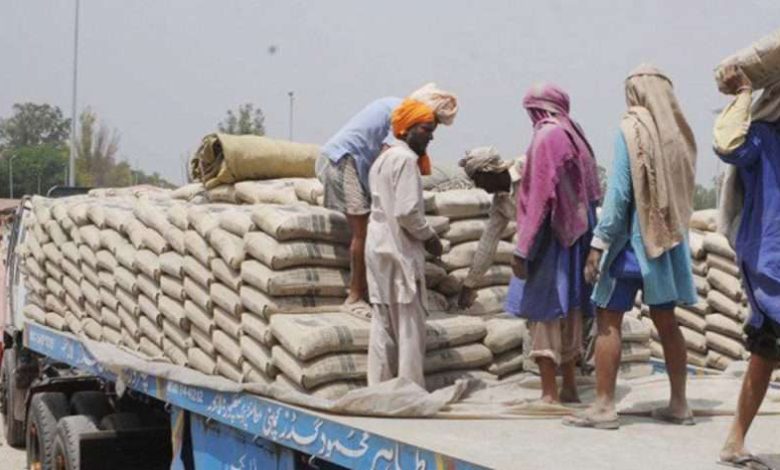
The combined impact of Naira depreciation and high inflation has led to a 121% increase in cement production costs, dashing hopes for lower prices.
Smuggling to neighbouring countries, where cement fetches higher prices, has also made the situation worse.
In Chad and Cameroon, a 50kg bag of cement ranges from $120 to $150.
With an exchange rate of N1,600 per dollar, this translates to N240,000 to N270,200 per bag, significantly higher than the N8,000 price in Nigeria.
Kabiru Rabiu, Group Executive Director of BUA Cement, confirmed the pressure from illegal smuggling, noting that cement is being taken across borders for higher margins.
“One of the pressures that we see is that there is a lot of illegal smuggling of export of cement to Cameroon and Chad.
“What happens is that if you take cement just across the border to some of these markets, it is selling at $150 to $270.
“That is why we realize that a lot of our cement is actually not only going to the North East but to Maiduguri in particular because there are a lot of distributors taking this cement across borders because it offers a lot of margins,” he told Vanguard.
Despite a significant revenue increase of 84.5% to N1.116 trillion in Q1’24 for leading manufacturers like Dangote Cement, Lafarge Africa, and BUA Cement, the 121% spike in production costs to N586.6 billion overshadowed profits, leading to a 4.1% decline in combined Profit Before Tax (PBT).
End users, including block moulders and builders, are also feeling the pinch.
The National Association of Block Moulders of Nigeria (NABMON) has urged the government to reduce import duties on cement components to attract foreign investment and lower prices.
The National President, NABMON, Mr Adesegun Banjoko, gave the advice, saying “the price of one bag of cement in Nigeria, currently in the region of N8,000 and N9,000 was still considered too expensive.”
Another builder in Lagos, Sikiru Ajala Enterprise, said: “The average cement price for Dangote Cement is N9,000, Lafarge N8,500 and BUA N8,000 is still very costly.
“This is the major reason why most of us builders are not building as many houses as possible. When you go to the banks for a loan they ask for 30 to 35 percent interest. How can we cope with this?”
The rising energy costs, input materials, and exchange rate volatility are major contributors to the price hike.
As the Naira weakens, input costs rise, with consumers ultimately bearing the burden.
